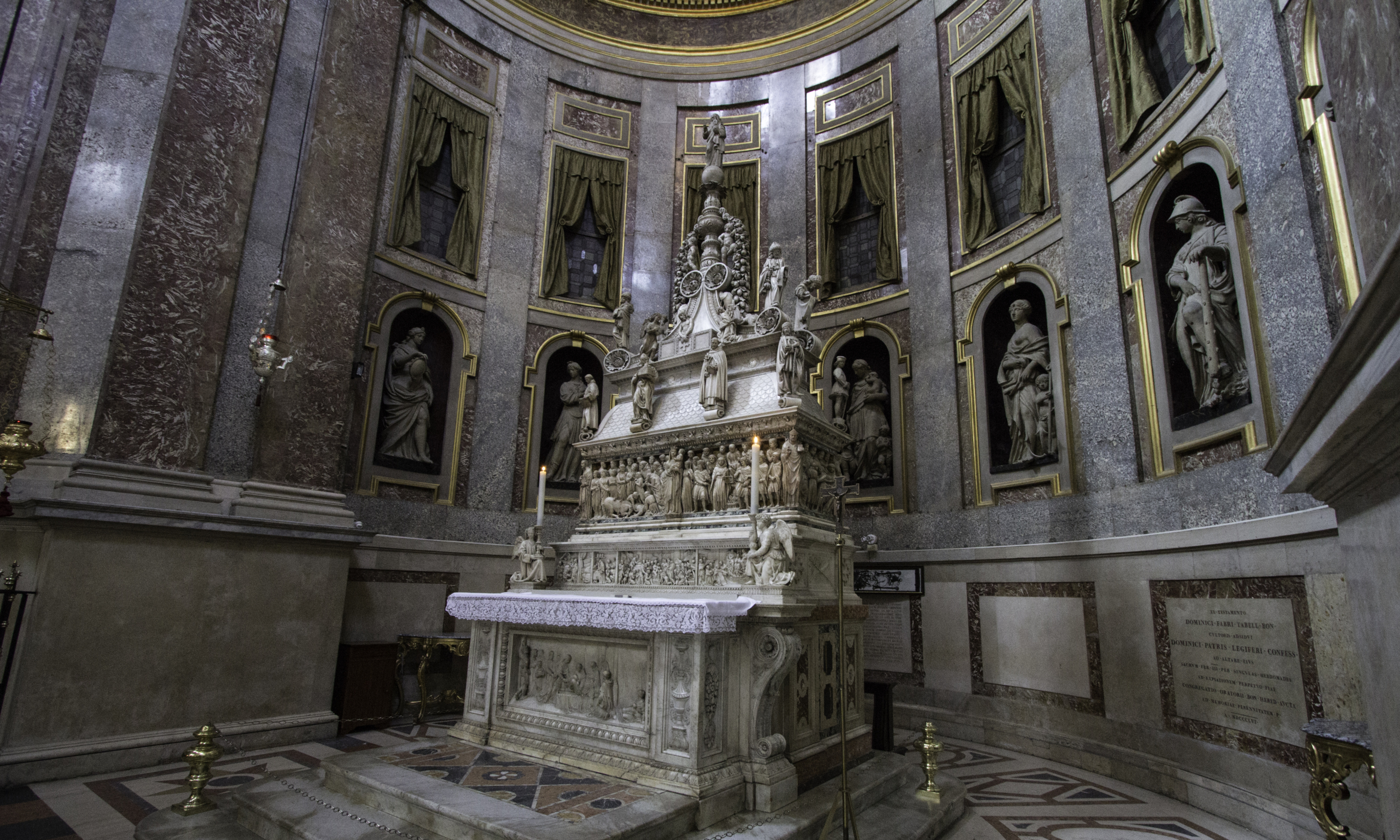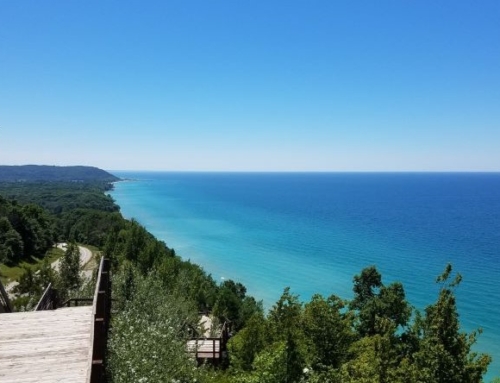Forma Vitae: An Essay on the Dominican Life
A “forma vitae” essay is meant to convey something about the “form of life” that we, as Dominican friars, live in virtue of our religious vows. Each “forma vitae” essay should provide accessible, insightful, and revealing commentary about the Dominican life and vocation. Other “forma vitae” essays can be found here.
The Order of Preachers is usually called the Dominican Order. But why?
Put another way, why is there a change in emphasis from what we do (i.e., preaching) to the name of our founder (i.e., Saint Dominic)?
After all, not every religious order or institute is named after its founder. Think here of the Society of Jesus and its popular diminutive, the Jesuits. No mention is made of their founder in either appellation; the moniker Ignatian has never “stuck” for their Order as a whole.
So why has the proper adjective Dominican endured in the Order of Preachers, while other religious orders or institutes, like the Jesuits or even the Redemptorists, do not recognize their respective founders in such wise? In my estimation, there are two principal reasons for why the Order of Preachers is known as the Dominican Order, and both reasons have everything to do with how we understand the man behind the name.
The first is readily apparent. God brought this Order, the Order of Preachers, into the world through Saint Dominic. The Order is thus marked by his life, his person, his work, his vision—and indelibly so. Without Saint Dominic, the Order would not exist in the same way or in the same respect; without him, there would be no Dominican Order at all. The Order is therefore his order, and the proper adjective “Dominican” denotes his office as founder, an office that will remain forever his and his alone.
In the practical order, the Dominican friar, no matter his generation or country of origin, understands Saint Dominic accordingly; he understands the importance of Saint Dominic as founder, and approaches him thus. Through prayer and petition (such as the O Spem Miram), filial piety, and other miscellaneous ventures, the Dominican friar cultivates a perpetual awareness of Saint Dominic as founder—as the very instrument through which the Order was founded. And suffice it to say that this perpetual awareness of Saint Dominic, this devotion to our founder, is not reserved or relegated to what he has done in the past.
The second reason follows from the first, but may require more in the way of explanation. When God establishes someone or something as an instrument of his providential care, such as when he established Saint Dominic as his instrument for the Order, he is wont to use the same instrument for related, if not identical, purposes. The most obvious example is the humanity of Jesus, the created instrument through which God brings all men to salvation. Even now, the humanity of Jesus remains the one and only instrument through which we are saved. In a word, it is the definitive instrument of salvation for all times. The same principle, albeit to a far lesser degree, is operative in the case of Saint Dominic and his Order. Put simply, it was through Saint Dominic that God raised up an Order of Preachers, and it is likewise through Saint Dominic (evoking the aforesaid principle) that God deigned to preserve the Order, now and forever.
To be sure, God could have preserved the Order without Saint Dominic. But it is, in a certain sense, supremely “fitting” for God to preserve and to prolong the Order using the same instrument through which it was first created. In doing so, Saint Dominic affords the Order a definitive character and a definitive spirit. This, then, is the second reason for why the Order of Preachers is usually called the Dominican Order: Saint Dominic is not just the founder. He was the founding instrument, to be sure, but he is also the instrument through which the same Order is preserved and prolonged in history.
In sum, God chose Saint Dominic as founder of the Order of Preachers, and saw fit to preserve and prolong the Order by the same instrument with which it was founded. From a decidedly Dominican perspective, then, the use of the proper adjective underscores the instrumentality of our founder, from the beginning of the Order to the present day. What’s more, the moniker allows the Order to exalt his life, his person, his work, and his vision without devolving into the trappings of mere imitation. In a word, we are not other Dominics, but Dominicans, which is to say, we are the happy recipients of his ongoing instrumentality.
✠
Photo (Arca di San Domenico, Bologna) by Lawrence Lew, O.P. (used with permission).







